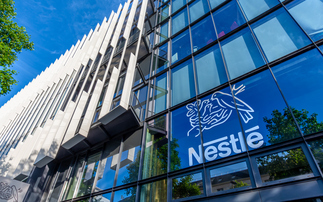Partner Insight: Equans UK & Ireland's James Heritage explains why the process of boosting business resilience and adapting to climate change begins with robust data

Floods, droughts and heatwaves are no longer rare events – they are part of the operating environment for every organisation. The Climate Change Committee (CCC) recently reinforced that the UK must prepare itself for extreme weather impacts resulting from temperatures spiralling beyond 2C above pre-industrial levels as "a prudent minimum".
The scale of these risks means resilience planning is not a future consideration for businesses, but an urgent priority.
James Heritage - climate risk, adaptation and resilience manager at Equans UK & Ireland - believes adaptation begins with robust data. By identifying hazards, analysing exposure, and assessing vulnerabilities, organisations can target investment where it matters most. He highlights practical steps businesses can take today, including:
- Building a clear understanding of estate-wide vulnerabilities to inform adaptation strategies
- Using IoT-enabled sensors to monitor risks and guide targeted interventions
- Acting early to prevent damage rather than funding costly repairs later
To read the full article and find out how businesses can act now to safeguard operations, protect assets, and manage the realities of an already changed climate, fill in the form below.
By filling out the form, you agree to the data protection statement below.
This article is sponsored by Equans UK & Ireland.








